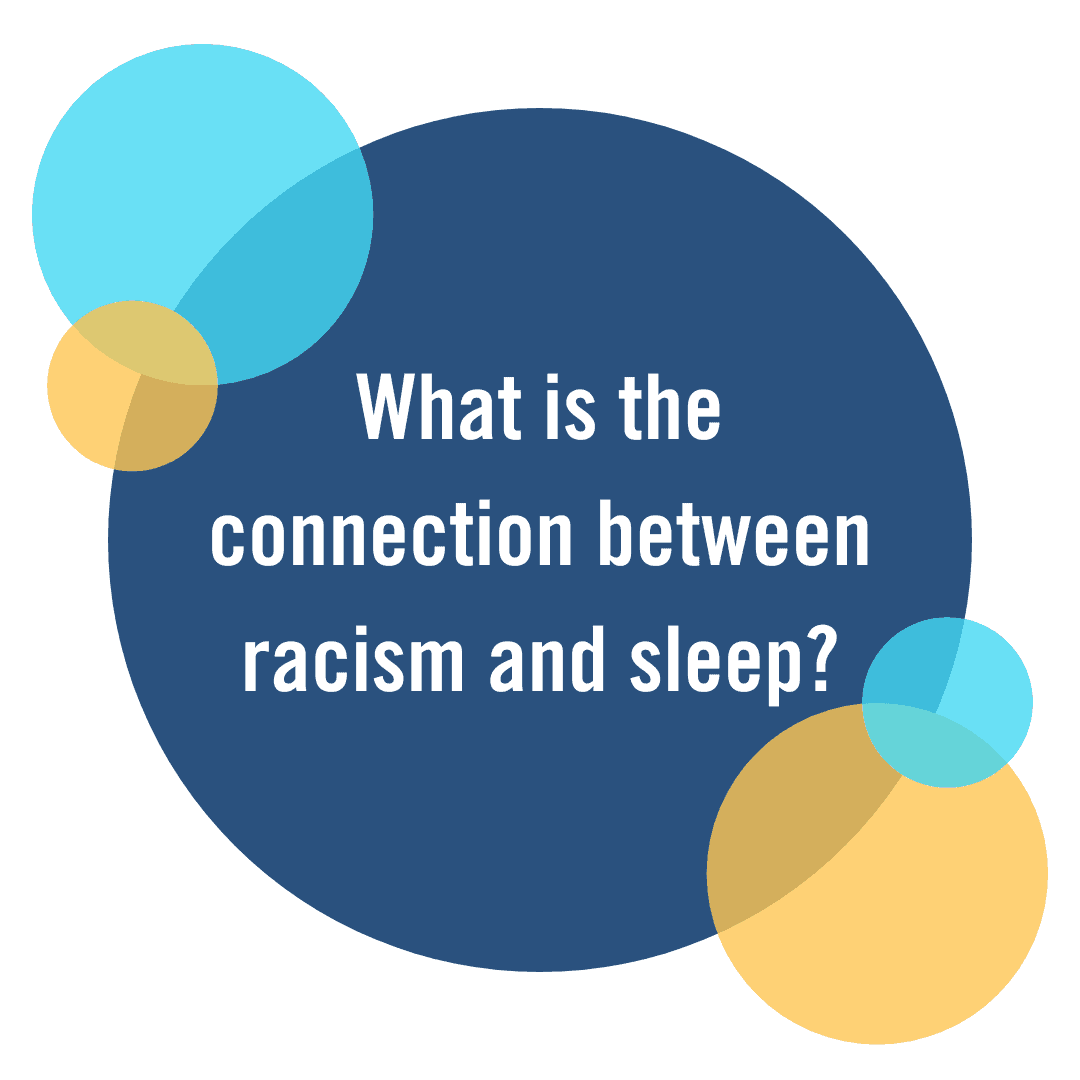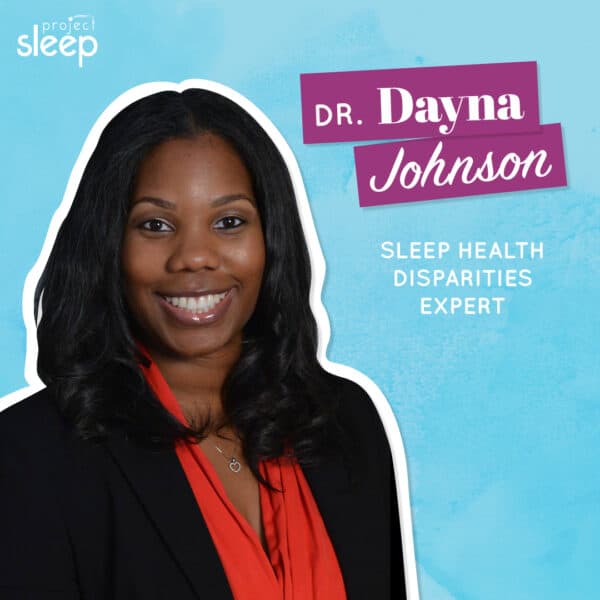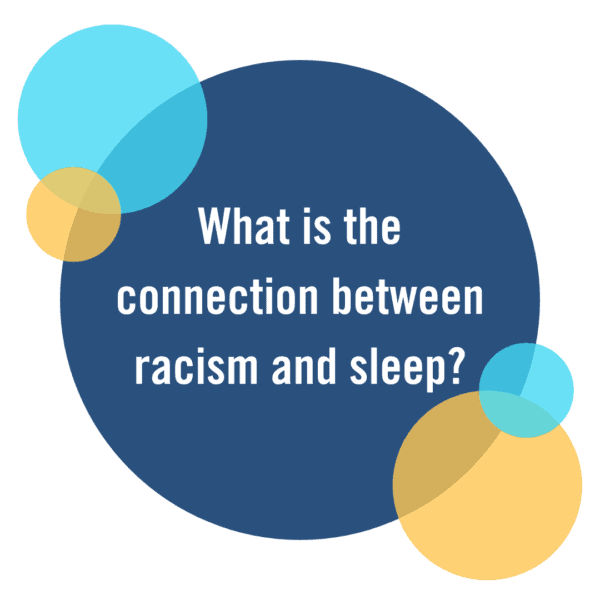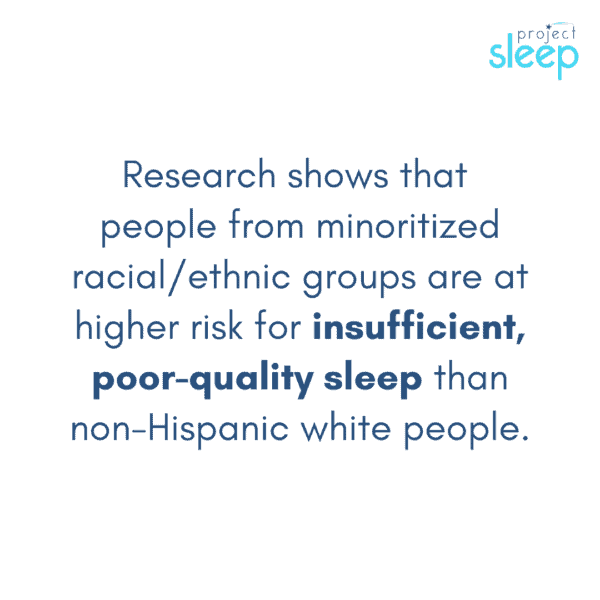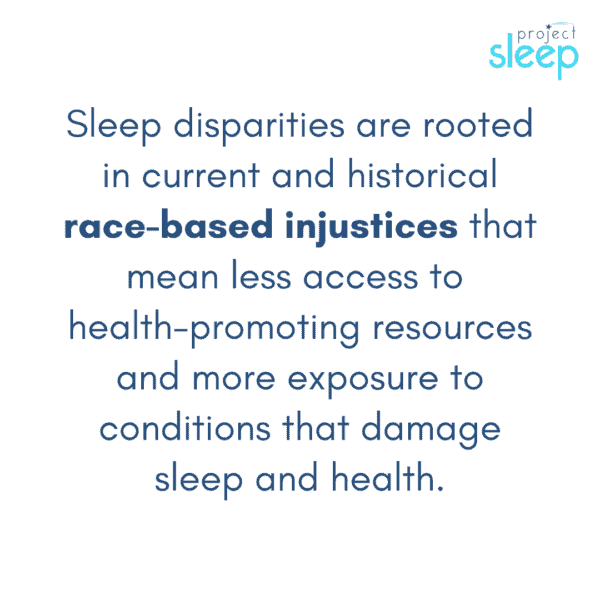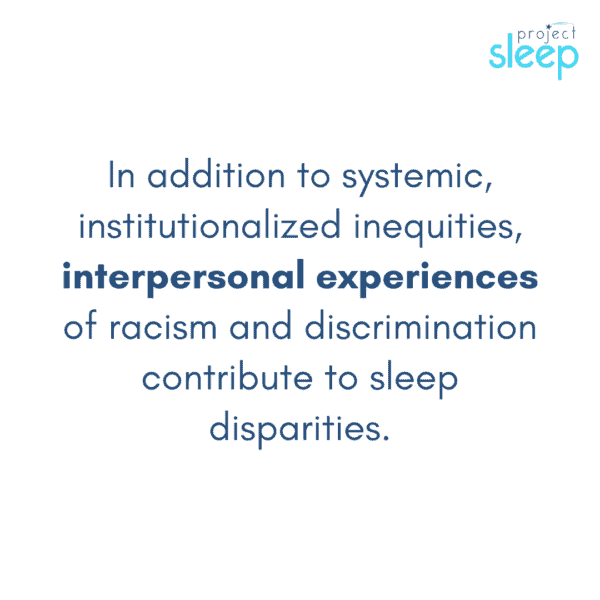This Black History Month, we’re talking about sleep equity and how it relates to Black Americans. We defined sleep equity and sleep disparities, now let’s talk about the connection between racism and sleep.
Racist Systems Affect Sleep
A growing body of research shows that people from minoritized racial and ethnic groups are at higher risk for insufficient, poor-quality sleep than non-Hispanic white people. There is also evidence that people from these groups are more likely to have sleep disorders, but are less likely to be screened, diagnosed, and treated for conditions such as sleep apnea.
These disparities are rooted in current and historical race-based injustices that mean less access to health-promoting resources such as preventive medical care and more exposure to conditions that damage sleep and health, such as neighborhoods where high noise and light levels lead to difficulty sleeping, or shift work that disrupts sleep cycles. These chronic, entrenched social conditions create additional barriers to healthy sleep and lead to worse overall health outcomes.
The root cause of sleep and health disparities overall is racism.”
– Dr. Dayna Johnson via Sleep Foundation

